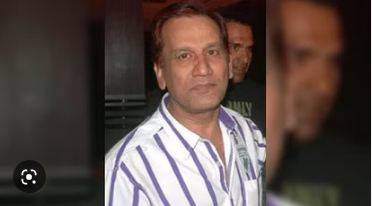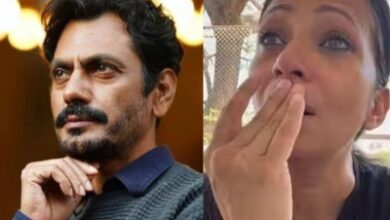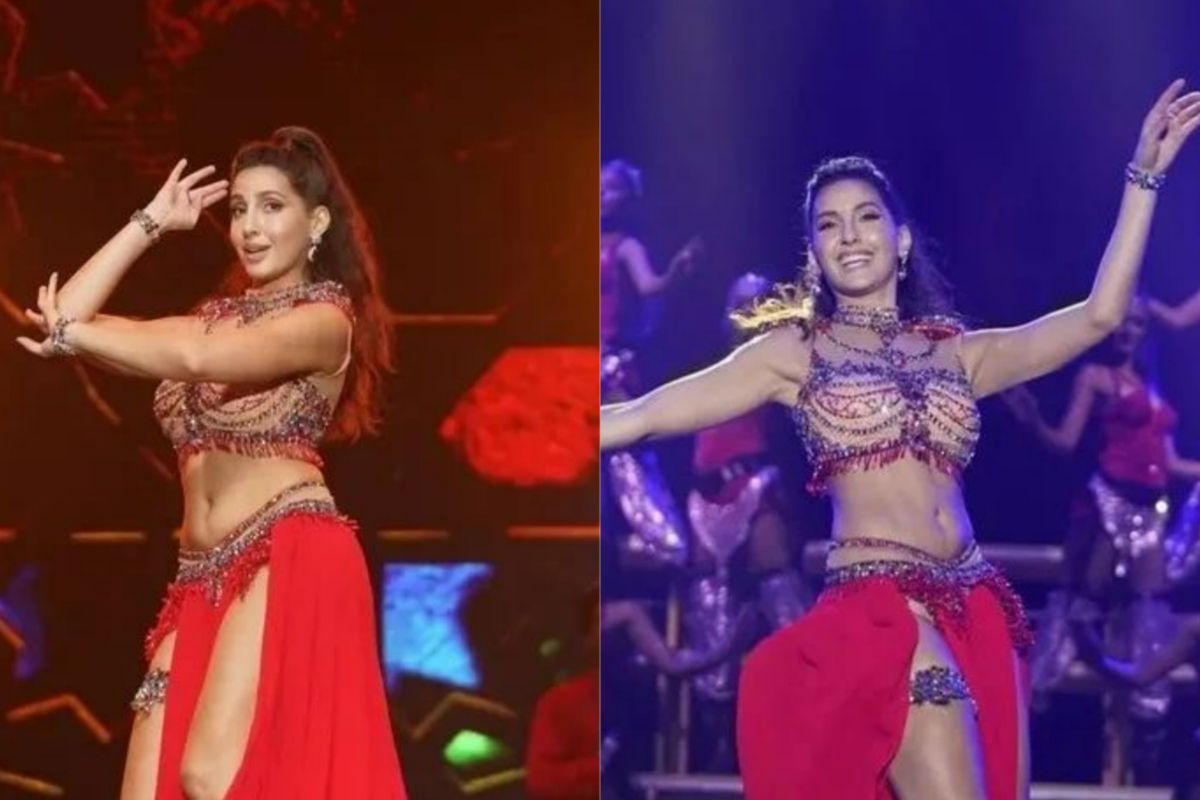Producer Nazim Rizvi, whose ‘Chori Chori, Chupke Chupke’ exposed Bollywood-Mafia links, dies in Mumbai

Controversial film producer Nazim Hassan Rizvi � whose hit film “Chori Chori, Chupke Chupke” (2001) blew the lid off the �Bollywood-Mafia nexus � passed away at a private hospital here, industry sources said on Tuesday.
Admitted to the Kokilaben Dhirubhai Ambani Hospital (KDAH) for certain undisclosed ailments, Rizvi breathed his last while under treatment late on Monday.
Said to be in his early 70s, his mortal remains are being taken to his native place in Uttar Pradesh for the funeral.
Rizvi had also produced other inferior films such as “Majboor Ladki” (1991), “Apaatkal” (1993), “Angarvaadi” (1998), “Undertrial” (2007), “Chori Chori, Chupke Chupke” (2001), “Hello, Hum Lallan Bol Rahe Hain” (2010), “Qasam Se, Qasam Se”, (2011), and “Laden Aala Re Aala” (2017).
However, he is widely known for the musical hit “Chori Chori, Chupke Chupke” starring the top trio of that time — Salman Khan, Rani Mukherjee and Preity Zinta — which discussed the topic of surrogate motherhood for the first time on the silver screen.
Nevertheless, the film, which shot him into big league, also made news for other unsavoury reasons. Shortly before its release, Rizvi and another financer Bharat Shah were arrested in December 2000 for allegedly diverting tainted underworld-linked money for the movie production.
The stunning expose was made by a crack team of Mumbai Police Crime Branch comprising former �encounter-specialists’ who had shadowed Rizvi, his associates, and investigated the case in depth before finally swooping on them.
The Mumbai Police had charged the Rizvi-Shah duo with allegedly receiving funds from the Mumbai mafia, specifically from Shakeel Babumiyan Shaikh – dreaded as Chhota Shakeel – and a close aide of the absconder underworld don Dawood Ibrahim Kaskar.
Rizvi had been under surveillance for his alleged murky activities for months before the arrest by the Mumbai Police and the Central Bureau of Investigation (CBI), which later seized the film’s negatives and prints, and deposited them with the Special MCOCA Court in Mumbai.
The film was finally released under the Special Court’s order, with an unprecedented directive that all profits earned by the movie should go to the Maharashtra government treasury.
Interestingly, the film’s credits had acknowledged the �role’ of the Special MCOCA Court, the Mumbai Police Crime Branch and the Court Receiver without whose untiring efforts and good offices the picture would never have been made.
Prior to its official release, the Mumbai Police were given a special screening as per a previous commitment and to ensure that there was no objectionable content in the film.
Ironically, during its formal release in cinemas in March 2001, where it got huge initial response, both Rizvi and Shah remained in jail, and later they were awarded six years and one year in jail, respectively.
“It was the film ‘Chori Chori, Chupke Chupke’ that is said to have convincingly proved the long-suspected theory of �Bollywood-Mafia, bhai-bhai’,” a veteran Bollywood producer told IANS, preferring anonymity.
However, the film’s fiasco and its aftermath opened alternative doors for more respectable channels of film financing like banks, later some companies, corporate houses and even MNCs entering the scene, he explained.
He recalled how that was a trying period for Bollywood which was reeling under immense pressures from the underworld and mafia dons � Gulshan Kumar was shot dead (August 1997), Mukesh Duggal was killed (March 1998), and an unsuccessful �warning’ attack was made against Rakesh Roshan (January 2000), besides other similar scary developments that rattled Bollywood biggies.
Many quietly �concurred’ or �cooperated’ with the mafiosi, while a few dare-devils have admitted to getting death threats, extortion calls and other forms of intimidation from various underworld gangs in India and their shady operatives from foreign locales.






